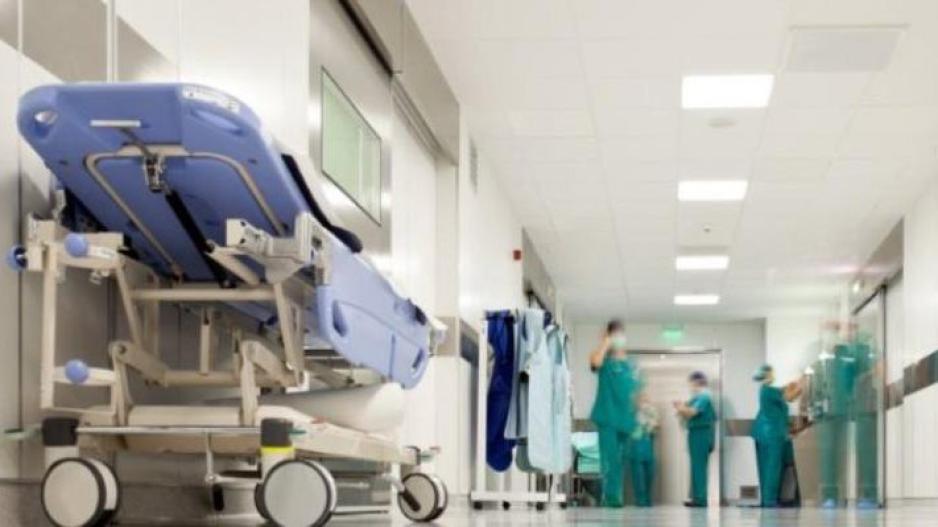Cyprus Healthcare: Financial Management Challenges And Strategic Autonomy Of Public Hospitals
The Fiscal Constraints And Future Plans Amid EU Guidelines
A landmark decision for prudent management of public finances is constantly on the mind of Finance Minister Makis Keravnos, bringing him into regular conflict with ministries, deputy ministries, and other services that submit requests.
The decision, which EU member states, including Cyprus, must strictly adhere to, states that “countries with excessive debt should reduce it by an average of 1% per year if their debt exceeds 90% of GDP and by 0.5% per year on average if it is between 60% and 90%. If a country’s deficit exceeds 3% of GDP, it must be reduced during periods of growth to reach 1.5%, creating fiscal space for challenging economic conditions.”
But why does this policy affect and will continue to affect Cyprus, and who is the “gargantuan entity” that concerns the Ministry of Finance and requires coordinated management from the Christodoulides Government?
Mihalis Persianis, President of the Fiscal Council, speaking on Politis 107.6 & 97.6 a few days ago, commented on the state budget for 2025: “We are entering a new system of fiscal governance. These rules impose a binding four-year spending program.”
When asked about spending cuts in various sectors, including the General Healthcare System (GESY), Mr. Persianis replied: “The GESY in the state budget is not off-track, but its Achilles' heel is the autonomy of the hospitals under the Health Insurance Organization (OKYPY).”
One of the open wounds, critical for prudent management of public finances, is the public hospitals, their management by OKYPY, and their future autonomy.
For some time now, the administration of OKYPY has announced that it aims to develop a Strategic Plan covering the entire range of the Organization's operations.
According to Brief’s information, the Plan has never been officially presented, nor does it include deadlines and timelines for its implementation, which would lead to the autonomy of public hospitals.
On the contrary, the Organization is proceeding with upgrading or developing new infrastructures without being able to staff them adequately, resulting in either non-functioning or underperforming facilities.
In fact, the Organization often claims it “aims to provide modern and quality healthcare through the adoption of best practices, continuous training of personnel, procurement of modern equipment, and digitization of itself and its hospitals.”
However, as often presented by trade unions operating in the health sector and the representative of the Organization, and substantiated by the former Auditor General of the Republic, Odysseas Michailidis, OKYPY has not only a long way to go until its autonomy but also many issues to manage, which it has so far handled inadequately.
With a deficit budget totaling €761.8 million in expenses and €661.08 million in revenue, OKYPY believes the state will perpetually maintain its state grant, which includes, among other things:
-
State grant for development expenditures (€6.98 million).
-
Services of general economic interest (SGEI), public health services, and services to competent authorities (€125.31 million).
-
Recovery and Resilience Plan (€15.15 million).
-
Provision of outpatient healthcare (€45.83 million).
-
Provision of inpatient healthcare (€230.61 million).
-
Registrations of patients with OKYPY's personal doctors and pediatricians (€12.69 million).
-
Compensation for Phase B medications of the GESY (€126 million).
-
Other sources (€98.51 million).
However, most of OKYPY’s expenses relate to staff salaries (€94.31 million), staffing positions, and new positions for administrative, medical, secretarial, and accounting staff, as well as building and infrastructure engineers, with only 30 positions for nursing staff.
Staffing issues, particularly concerning nursing personnel, which is scarce, as the Ministry of Health emphasizes in a note to the Parliament, “will help the organization operate in the fully competitive environment of the GESY by creating the right structures with specialized personnel and knowledge to meet the demands of the current legislative framework.”
Our sources with knowledge of the business plan indicate that the Organization promises to implement:
-
Expansion and renovation of OKYPY’s hospitals to make them competitive with the private sector.
-
Need for scientific training of existing staff.
-
Staffing of the Neonatal Intensive Care Unit of Makareio Hospital.
-
Legislative framework for the establishment of university clinics.
-
Completion of the new Athalassa Hospital.
Despite efforts to present OKYPY as an organization with a developmental direction, the projects it promises are either in the planning stages or nearing completion without prior consideration for filling vacancies in human resources.
Robertos Karachanas, General Economic Director of OKYPY, in one of his presentations to the Economic Committee, stated that the budget is “strongly developmental, as it aims to cover expenses for upgrading public hospitals.” This argument was made to request a two-year extension of the state grant to complete developmental projects.
In the memorandum presented by the Organization to the Committee, over 20 projects across all public hospitals in Cyprus are included, with approximately half of them scheduled for completion within 2024.






